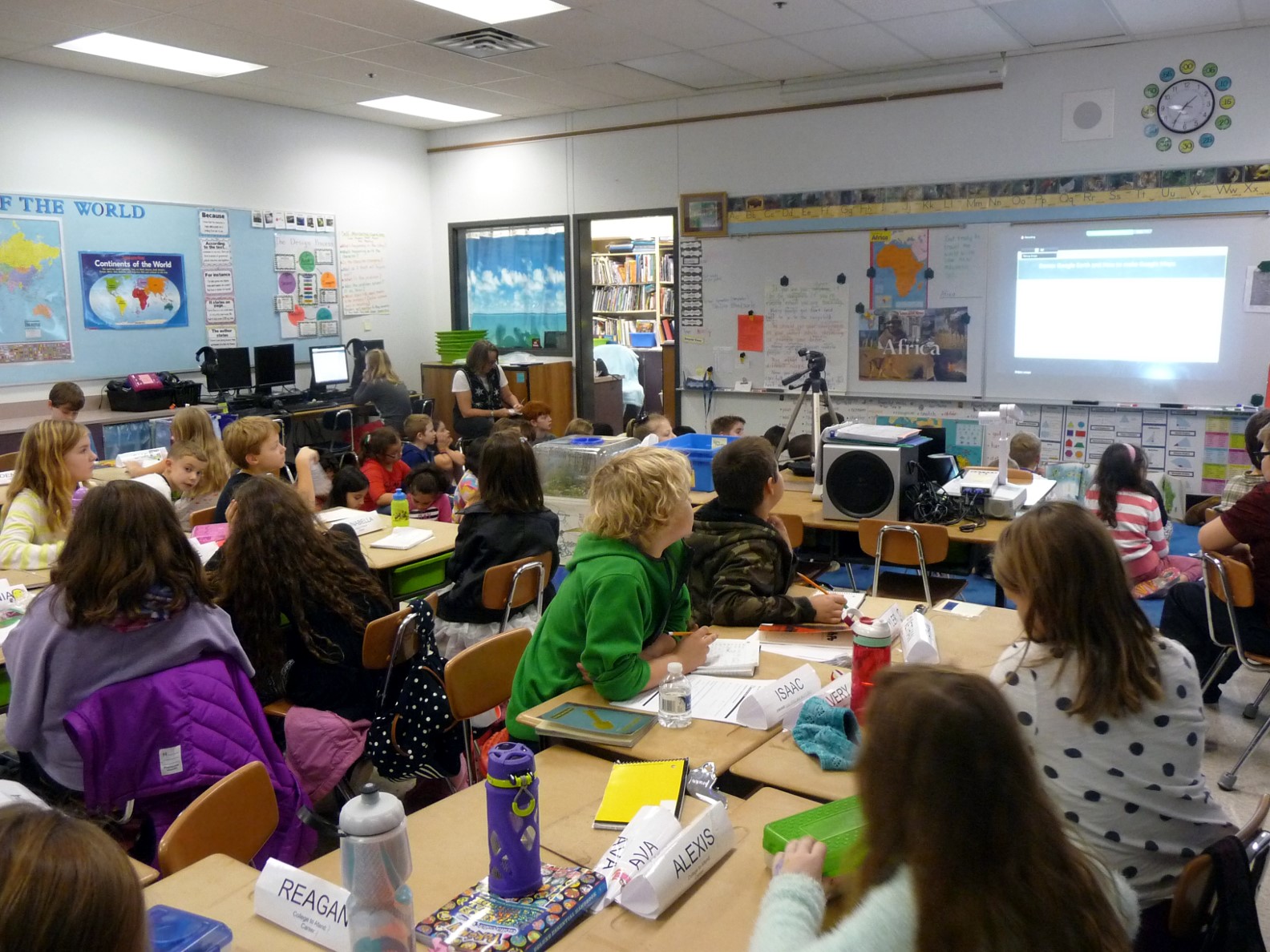Digital Learning Theories and Models That All Educators Should Know

You’ve probably heard about the benefits of digital learning: It’s engaging, student-centered, often collaborative, and can increase student achievement.
But here’s the catch:
You and your students won’t reap these benefits if you don’t purposefully plan your use of technology.
Too often, teachers think of technology as something to check off of a list. “Does this lesson use technology? Nope…How can I sprinkle some in?” Using technology merely for the sake of using technology isn’t effective teaching.
Instead, here are five digital learning theories and models that can help you tap into the benefits of technology and enhance student outcomes.
RAT Model
The RAT Model, developed by Dr. Joan Hughes, allows teachers to self-assess their integration of technology in the classroom.
According to the RAT Model, digital technology can be used as replacement, amplification, or transformation in the classroom.
Replacement refers to the use of technology that in no way changes instructional practices. The technology is simply a different means to the same instructional end.
Amplification is when the task remains fundamentally the same, but the use of technology increases efficiency, effectiveness, and/or productivity.
Transformation occurs when technology “reinvents aspects of instruction, learning, or curriculum in new and inventive ways.”
While all of these categories may be used, amplification and transformation are more effective than replacement. Teachers are encouraged to use the RAT Model to reflect on and assess their use of technology in the classroom.
TPaCK Framework
Reproduced by permission of the publisher, © 2012 by tpack.org
Dr. Hughes also helped develop the TPack Framework, or Technological Pedagogical Content Knowledge.
Essentially, the TPaCK Framework points out that teachers must understand how technology relates to both pedagogy and content. An interplay of technological knowledge, content knowledge, and pedagogical knowledge is essential for effective use of edtech.
Connectivism
Connectivism, a theory advanced by George Siemens, is touted as “a learning theory for the digital age.”
According to the theory of connectivism, learning is derived from forming connections. Educators must help students connect previous knowledge to new knowledge, and students must be able to recognize gaps in their knowledge as well.
With technology, students have an increased ability to independently seek the most current information on any topic. This type of exploration and self-motivated learning should be encouraged.
Connectivism embraces the idea that learning is no longer a completely internal process. Students should have opportunities to connect knowledge and ideas, independently seek understanding, and connect with others to share knowledge via technology.
ADDIE Model
The ADDIE Model is used in instructional design. To ensure that you’re effectively implementing technology in your classroom, try following the steps of the ADDIE Model.
These steps are Analysis, Design, Development, Implementation, and Evaluation. You must first clarify your instructional goals (analysis), then design activities and lesson ideas that will help you reach these goals.
Next, develop and assemble your ideas into a cohesive lesson. After you implement your lesson, evaluate how it went with questions such as:
- Did the technology seem to enhance student learning?
- Were you able to reach your instructional goals?
- What would you like to continue doing in the future?
- What could you do differently next time?
Online Collaborative Learning (OCL)
OCL is a theory related to learning through online discussions. Students engage in collaborative problem-solving that is facilitated by the instructor.
Students brainstorm, compare, and analyze their ideas before synthesizing these ideas and attempting to reach a consensus.
The teacher facilitates this process, provides resources to students, and provides input and feedback. This learning theory emphasizes discussion over reading and memorization.
Conclusion
There’s a wide variety of digital learning theories and models, and this list certainly isn’t exhaustive. But here’s the bottom line:
When you use technology in the classroom, be sure to use it purposefully. Ask yourself:
- What are my instructional goals?
- How will technology enhance our ability to reach these goals?
- How can you use technology to help students make connections?
By following these guidelines, you can be sure you’re implementing edtech effectively.




